Fellows – Call N. 1
14 fellows were recruited within the call n.1 (organised in 2021), and they started between August and December 2022.
Further information provided below.
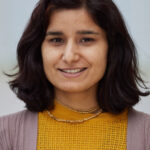
My research investigates the influence of correlated disorder in frustrated magnetic systems by combining systematic solid-state synthesis with controlled disorder and a range of advanced neutron scattering techniques.
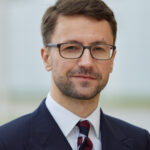
My project is devoted to development of a fast neutron inelastic scattering technology for non-destructive characterization of rare-earth elements in magnets.
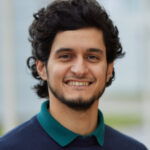
My GNeuS project is focused on improving Small Angle Neutron Scattering (SANS) data analysis procedures by combining virtual experiments with machine learning algorithms and multivariate statistical methods.

I will conduct the investigation of thermal moderator design for 24 Hz target station by conducting Monte Carlo simulation, using PHITS and Diffmod.

I am mainly working on quench safety and quench protection of metal-insulated superconducting coils for the next generation sample environment magnets.
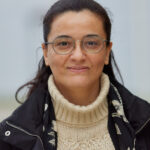
The main objective of my research project is to develop low dimensional cold moderator systems.
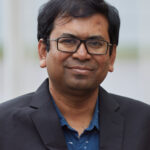
In my research project, I will investigate the interdiffusion of deuterated and protonated polymers making up colloids (latex particles).

My proposed work deals with emergent novel phases of quantum material in extreme condition.
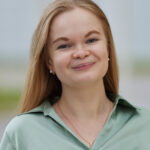
My proposed project is devoted to the preparation and investigation of polysaccharide-based nanogels and microgels obtained as a result of assembly with ionic crosslinking agents.
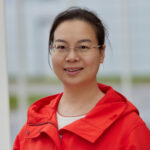
My GNeuS project is about aqueous-based polymer synthesis and characterization.
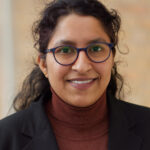
The primary goal of my research project is to investigate the structure-property-function relationships in soft materials using Scattering and Rheo-Scattering techniques.
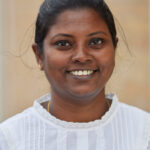
Within GNeuS I will develop a model colloid system containing latex/microgel particles, study their interaction with an industrial flocculating agent, and determine the fractal dimension of the so-formed aggregates.
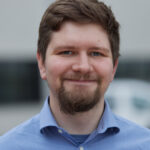
My work will focus on exploring the structural contributions and interactions between molecules during transient deformations to describe the fundamental physics that give rise to flow phenomena observable on a macroscopic scale.
Fellows – Call N. 2
11 fellows were recruited within the call n.2 (organised in 2022), and they started between August 2023 and August 2024.
Further information provided below.
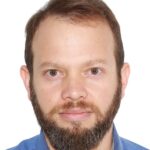
My project is to gain fundamental insights into developing improved solid-state block copolymer electrolytes (SPE) for next-generation lithium-ion batteries.
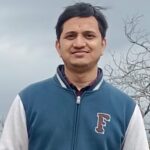
Through the GNeuS project, my research work involves the study of Kagome lattice based topological magnetic systems by employing physical property measurement system and advanced neutron scattering techniques.
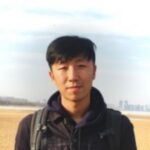
My GNeuS project focuses on elucidating the barocaloric effect with inelastic scattering method.
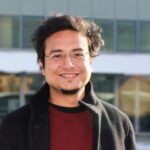
My GNeuS project focuses on spinning edible fibres from plant polysaccharides.
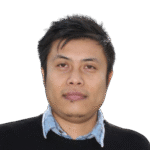
My research investigates the defects in additively manufactured parts by employing neutron imaging.

My GNeuS project focuses on studying magnetic excitations in RFeO3 systems for spintronics applications.
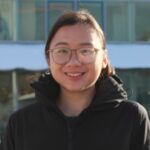
The core of my project revolves around the development of polarization analysis techniques with high energy resolution for the SPectrometer for High Energy RESolution (SPHERES) backscattering instrument.
My testimony about GNeuS:
During my time in GNeuS, I had the opportunity to take on an entirely new project. And I learn a lot from my supervisor. Beyond project guidance, he helped me develop how I think about research and facilitated my participation in domain conferences, which expanded my network. I also make new friends with other GNeuS fellowships. I think the biggest advantage for GNeuS is that GNeuS gave me the freedom and support to develop as an independent researcher and expanded my network through collaboration with colleagues at JCNS, TUM. With that freedom, the main challenge was managing my time effectively to deliver the project.
Fellows – Call N. 3
9 fellows were recruited within the call n.3 (organised in 2023), and they started between September 2024 and January 2025.
Further information will be provided below.
